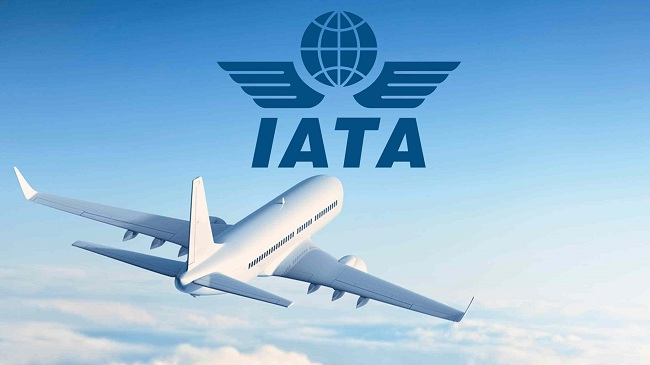
The controversy over the actual amount Nigeria owes foreign airlines has finally been put to rest, as the International Air Transport Association (IATA) confirmed that Nigeria has paid 98 percent of the trapped funds. IATA’s Director General, Willie Walsh, revealed this information during a world press conference at the ongoing 80th Annual General Meeting in Dubai, United Arab Emirates.
Willie Walsh stated, “As of April 2024, 98% of these funds have been cleared. The remaining $19 million is due to the Central Bank’s ongoing verification of outstanding forward claims filed by the commercial banks.” He also commended the new Nigerian government and the Central Bank of Nigeria for their efforts to resolve this issue, noting, “Individual Nigerians and the economy will all benefit from reliable air connectivity for which access to revenues is critical. We are on the right path and urge the government to clear the residual $19 million and continue prioritizing aviation.”
Prior to this development, eight countries were responsible for 87 percent of blocked funds amounting to $1.6 billion, with Nigeria topping the list. With Nigeria now largely out of debt, other countries still holding trapped funds include Pakistan, Bangladesh, Algeria, XAF Zone, Ethiopia, Lebanon, Eritrea, and Zimbabwe. Walsh highlighted the severity of the situation in Pakistan and Bangladesh, where airlines are unable to repatriate $731 million and $320 million, respectively. He stressed, “Pakistan and Bangladesh must release the $731 million in blocked funds immediately to ensure airlines can continue providing essential air connectivity.”
The payment of Nigeria’s debts has led to a 28 percent decrease in the amount of airline funds blocked from repatriation by governments. The total blocked funds at the end of April stood at approximately $1.8 billion, a reduction of $708 million since December 2023. Walsh emphasized, “The reduction in blocked funds is a positive development. The remaining $1.8 billion, however, is significant and must be urgently addressed. The efficient repatriation of airline revenues is guaranteed in bilateral agreements. Even more importantly, it is a pre-requisite for airlines that operate on thin margins to be able to provide economically critical connectivity. No business can operate long-term without access to rightfully earned revenues.”
At its peak in June 2023, Nigeria’s blocked funds amounted to $850 million, significantly affecting airline operations and finances in the country. The high volume of blocked funds led some airlines to reduce their operations, and Emirates Airlines temporarily ceased operations in Nigeria, severely impacting the country’s aviation industry.








